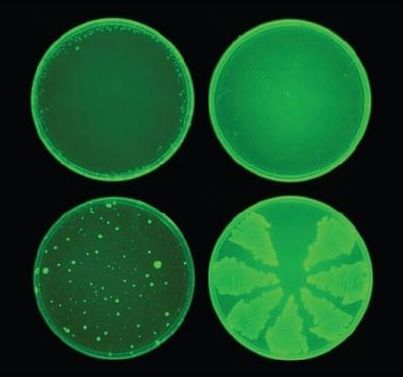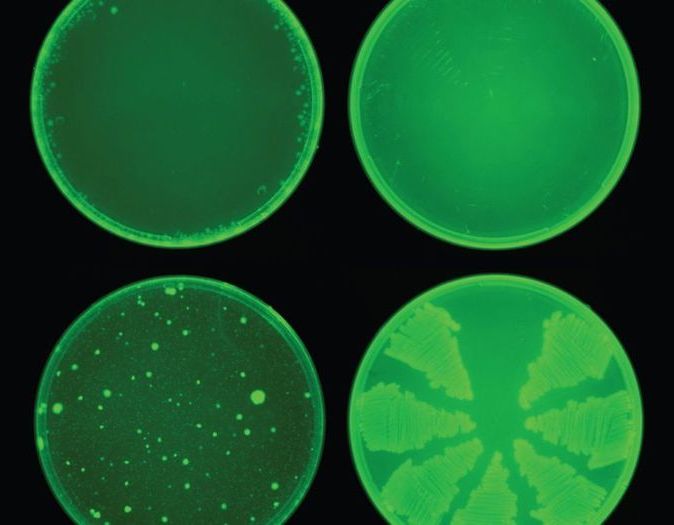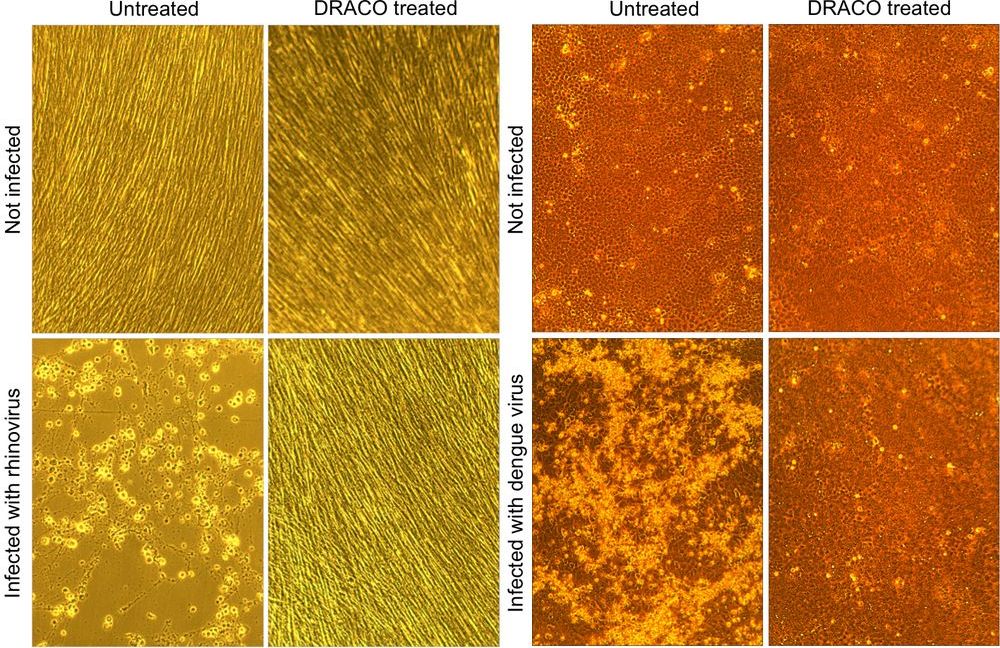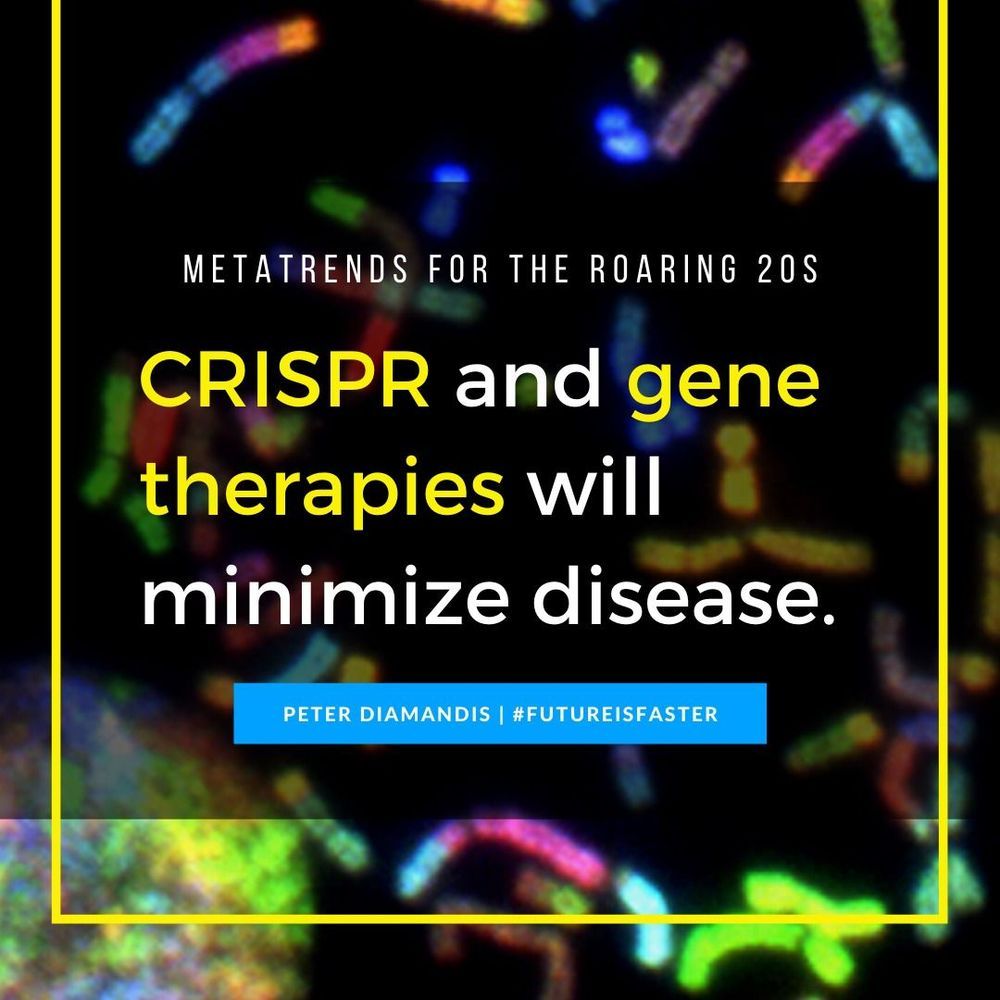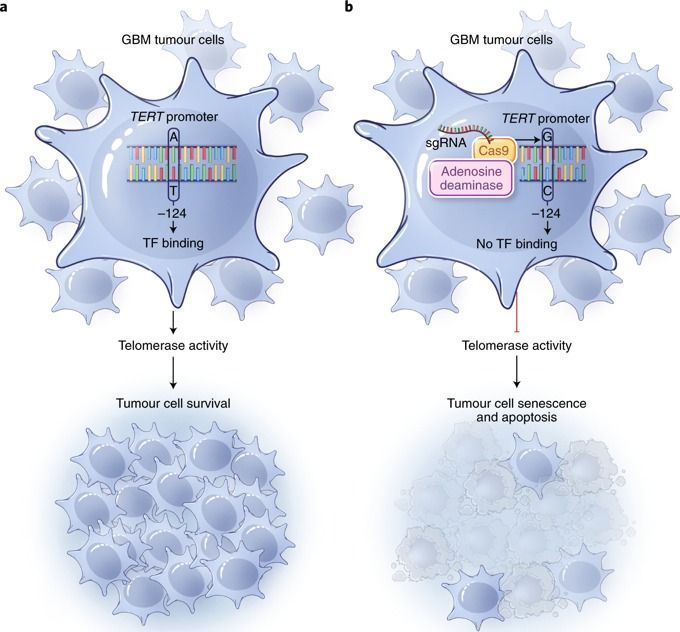“Science hasn’t yet found a way to make complex animals like dogs live forever, so the next best thing we can do is find a way to maintain health for as long as possible during the aging process,” said Church.
And the goal was for this to hit a market and use the income to pay for human trials lasting 10 years.
Combination gene therapy developed at Wyss Institute and Harvard Medical School treats four age-related conditions.

